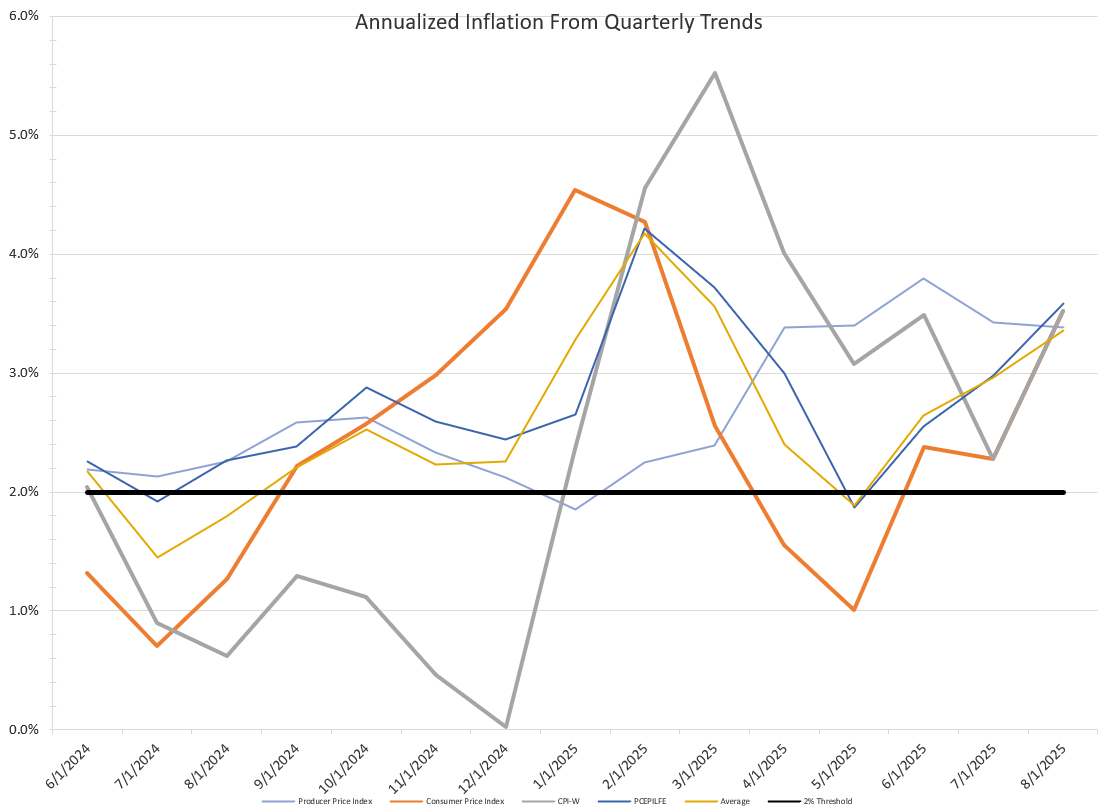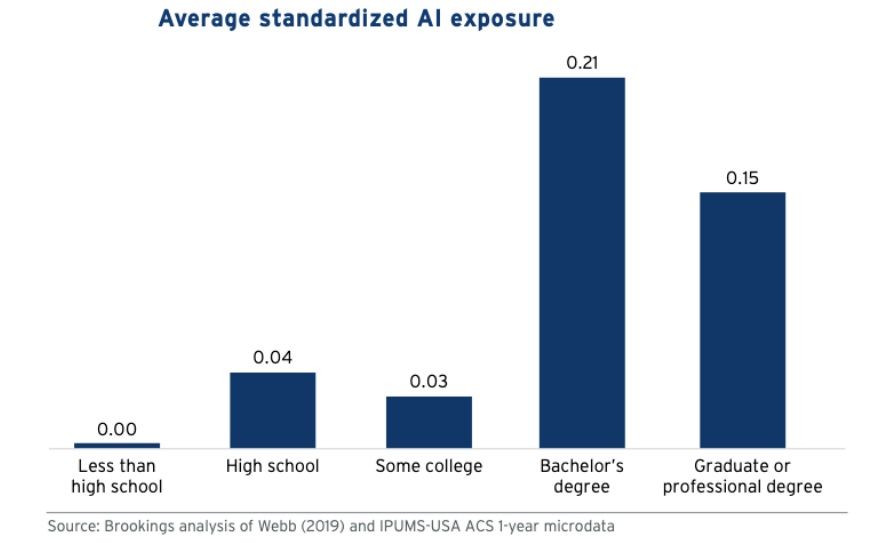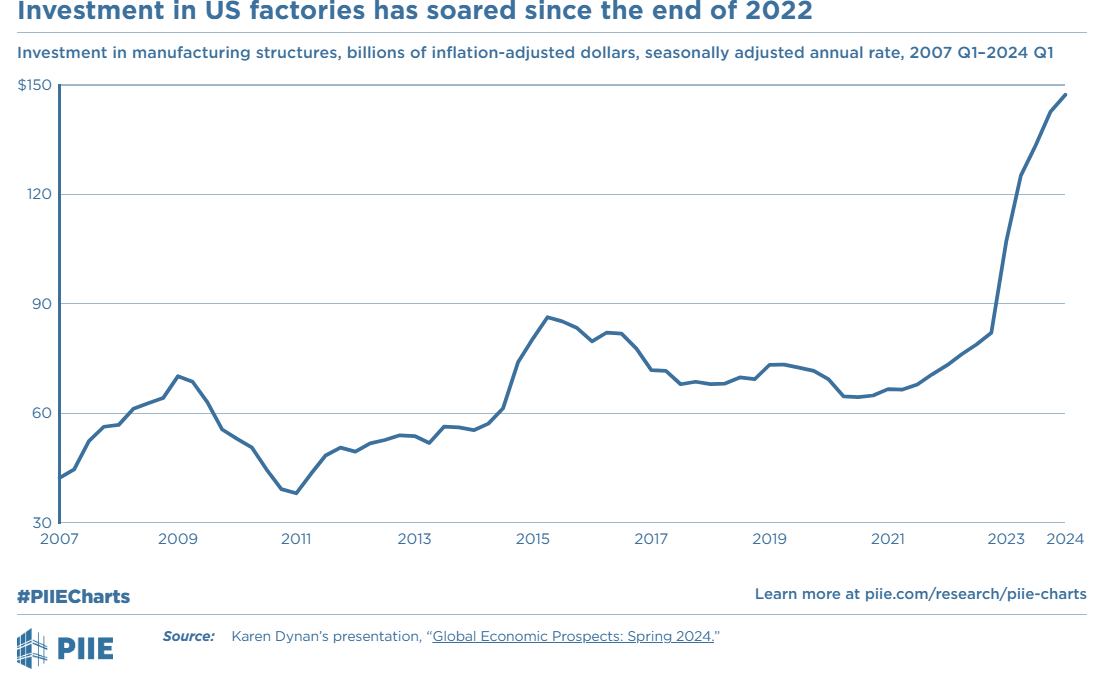Colin Read • January 20, 2024
A Surprise Coming Home - Sunday, January 21, 2024

(graphics courtesy of “Integrating Infrastructure in U.S. Domestic & Foreign Policy: Lessons from China,” by Sadek Wahba, Development Research Institute, New York University and St. Antony’s College, Oxford University)
Last week we discussed the dramatic rollout of digital transactions in other nations. These are not your online Amazon purchases using a credit card. Common elsewhere are tap-and-pay purchases using a smartphone or smartwatch to cover train and subway fares, restaurant bills, and almost every other conceivable purchase. A quarter of China’s population, mostly young people, also use digital yuan as a cash substitute. The digital economic infrastructure has overtaken the cash society.
The biggest surprise coming home from a trip to Australia, New Zealand, and Hong Kong, though, is the difference in physical rather than virtual infrastructure. While abroad I witnessed excellent light rail systems, efficient airports, and massive civil construction projects in China of a scale I’ve never seen before.
Hong Kong is expanding its airport. The scale of improvements is astounding. Minor mountains are being removed, land is being reclaimed, and hundreds of excavators, cranes, rock trucks, and bulldozers are all spinning simultaneously at a feverish pace.
China’s construction infrastructure is amazing. They have assembled a ten story building in a day and a 57 story building housing 2,000 people in 19 days, and, in Kuala Lumpur, constructed one of the largest and tallest buildings in the world in a year. Such projects might take five or ten years of permitting and approvals alone in our country.
The Chinese were able to assemble a ten story residential building in a day by relying heavily on novel construction techniques, including factory-built earthquake-engineered apartment modules that can be dropped in place and bolted together very quickly. In the process, thousands of tons of concrete pouring is avoided and, with it, the carbon dioxide emissions from one of the principal contributors to global warming.
Such abilities to quite literally move mountains comes at a cost. While China’s economy is very free-market, everybody feels governmental presence. And, if a dynamic entrepreneurs such as Jimmy Lai or Jack Ma venture into making political statements or lead authorities to surmise they are more powerful than government, their free market ambitious can come crashing down. In a socialist state, the state is of paramount importance as the representative of the people. In the U.S., the people are afforded constitutional protections against state encroachment that aren’t known to the same extent many other places
These are different world views. In our system, capitalism is a thousand points of decentralized light. In more centrally planned economies, these same initiatives create a a thousand opportunities to implement a collective rather than an individual will. Such differences result in vastly different views of government and of individualized intellectual property. Each system has its benefits, and its costs.
These distinctly different philosophies on a spectrum with individualism on one end and collectivism on the other cannot be differentiated simply by comparing the degree to which an economy is “mixed”. In the U.S. the various levels of government represent close to half the size of the economy. China’s government represents about a third of their economy, and their highest tax rates for individuals and corporations are similar to those in the U.S.
The difference lies in the degree to which government can dictate enterprise, when it chooses to do so. There is little doubt who will have the final say in their political system. Here, a government or corporate action can take decades as any affected entity can take to a notoriously laborious and slow legal system (when it wants to be) any issue that challenges individual rights.
That is not to say that the built-in tailwind of decentralization is absent regulation. Herbert Hoover won the presidency by a landslide in 1928 precisely because he was viewed as an excellent administrator who could find an effective balance between governmental and free market principles. As commerce secretary he realized that a free-market free-for-all does not serve the citizenry well. Nor does it serve commerce itself. He created a bureau of standards that attempts to streamline the marketplace by providing for more interoperability and less monopolization. We now know that standard wire sizes, lumber dimensions, consistent road-building practices and safety codes, and standards for drinking water, gasoline quality, and myriad other technological nuances are good for the entire economy, except perhaps for those monopolists who attempt to strengthen their franchises by ensuring only they can provide accessories for or repair their products.
We all see the advantages of carefully and skillfully crafted standards. We also see the value of well-designed safety standards, zoning, and building codes. These standards are created by technocrats with scientific skills in appropriate areas. We all benefit collectively, even if such regulations somewhat constrict free enterprise. Of course, it should come as no surprise if some elements of free enterprise resist such regulation, as we observe in the recent Supreme Court challenge to the Chevron principle that federal agencies have the power to interpret laws and create appropriate regulations.
We also understand why every local jurisdiction may want to constrain the desires of local builders and homeowners, sometimes to the degree that one cannot choose the color to paint their house. Practically every locality in the country has some zoning or building quirk that is not shared by an adjoining community, much less all cities across the country. This degree of local autonomy is the opposite of standardization, and is the reason why homes are unnecessarily expensive and modular homes and buildings built in factories cannot get a foothold into creating substantially greater efficiencies, improved engineering, and housing affordability here in the U.S.
Certainly our aspiration toward individual and local autonomy has its benefits. It provides a diversity of products and different complexions to cities that would otherwise be foregone in the interest of standardization. It also has significant costs, though. It prevents greater economies of scale and raises the price of the goods and services we enjoy. It results in more monopoly power. And, even when we recognize that significant gaps exist in our public infrastructure, it is impossible to respond quickly to build new transportation networks, airports, or even modernize our electric grid so we can take advantage of the benefits solar and wind power have to offer.
I shall treat the Chevron case in more detail in the future. But, if our solution ends up being one in which the courts play an increasing role in defining technologies and engineering standards, rather than scientists and engineers employed for the public’s benefit, we are probably going in precisely the wrong direction.
Perhaps we are clever enough to figure out how to protect the spirit of individualism without cutting off our nose to spite our face. But, until we can figure out how to strike a better balance, we should not be surprised if other nations can have more affordable housing, a better electric grid and cheaper power, better airports and light transit, and greater consumer conveniences through improved interoperability of the devices upon which we increasingly depend.









